Blogs That Inform and Inspire
Expert analysis, actionable tips, and case-driven insights at your fingertips
Tired of Messy Deposition Summaries? Here’s the Fix Discover practical tips to organize and streamline your deposition summary for improved clarity, accuracy, and overall efficiency.
Managing Stress and Fatigue in Med-Legal Practice: A Guide to Long-Term Balance Practical strategies to manage stress and fatigue in medico-legal work, fostering resilience and long-term balance for professionals.
How do deposition summaries support medical legal cases Deposition summaries help attorneys handle medical-legal cases faster by condensing lengthy transcripts into clear, structured insights.
What are the Best Practices for Medical Record Organization?Medical record organization helps attorneys save time, reduce errors, and build stronger cases by sorting, indexing, and structuring charts efficiently.
Benefits of Medical Chronology Summaries in Injury Claims Medical chronology summaries help attorneys organize complex records, understand injuries faster, avoid errors, and strengthen claims with clear timelines.
3 Important Reasons Why You Need Medical Narrative Summaries to Win Claims Medical narrative summaries condense thousands of pages into clear, chronological insights, helping lawyers save time, get key facts, & win claims faster.
How to Write a Demand Letter That Works: 15 Critical FactsA well-written demand letter strengthens injury claims by organizing medical facts, damages, and proof, often leading to faster, fairer settlements.
How to prepare a medical chronology report that helps you get your claim on time? A well-prepared medical chronology report turns complex records into clear timelines, helping teams meet deadlines, reduce errors, & secure claims faster.
Top 10 techniques for Efficient Medical Record Review Efficient medical record review depends on smart techniques like indexing, chronology prep, validation, and gap detection to boost accuracy and save time.
How to Draft the Best Deposition Summary: A Complete GuideA well-drafted deposition summary helps attorneys identify key testimony, contradictions, and facts faster, saving time and strengthening legal strategy.
Market Yourself as an Attorney Without Overselling: Best Tips!Know how to market yourself as an attorney without overselling? Learn the practical tips that can make you the most preferred attorney among your clients.
What Reviewers Taught Me About the Hidden Challenges in Patient Record Analysis Explore the real challenges faced by reviewers behind patient record analysis and how AI helped solve most of their day-to-day struggles.
Medical Chronologies: What Lawyers Focus On vs. What Adjusters Look ForLawyers and adjusters view medical chronologies differently. Learn what each needs and how a well-structured timeline bridges both for better outcomes.
How Can IMEs Manage Med-Legal Work Across Different States? Discover how IMEs streamline med-legal work across states, ensuring compliance, consistency, and efficiency in multi-jurisdictional cases.
Why Every Underwriter Needs a High-Quality APS Summary for Tough CasesHigh-quality APS summaries help underwriters handle tough cases with clarity, reduce errors, and speed up decisions by simplifying complex medical records.
How AI-Powered Narrative Summaries Save Hours in Case Prep Explore how AI-powered narrative summaries help IMEs save hours in case preparation. Learn how AI automates the review process while maintaining quality.
Building Stronger Relationships Between Evaluators and Attorneys Strong evaluator–attorney relationships improve accuracy and case outcomes. Learn how trust and collaboration help both sides work efficiently.
Stop Drowning in Cases: Time-Saving Tips for Life Care PlannersLife care planners save hours weekly by organizing files, using tech, delegating tasks, and following structured routines.
Stay Ahead in Med-Legal AI
Weekly insights straight to your inbox.
Thank you! Your submission has been received!
Oops! Something went wrong while submitting the form.
Trending Now
Ready to transform your operations?
See CaseDrive in Action
Book a Free Demo









